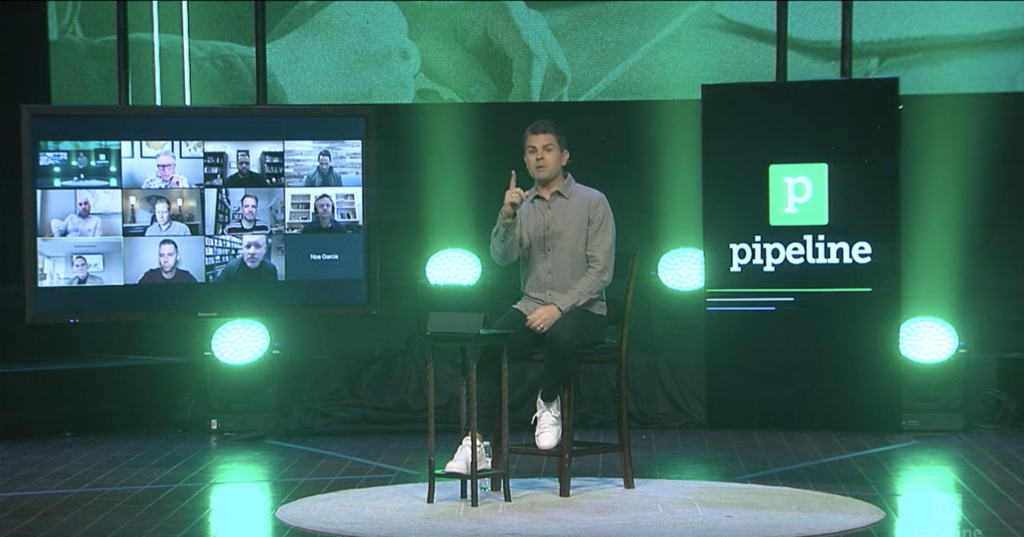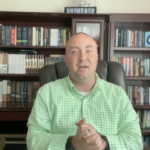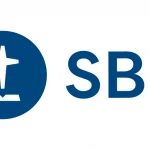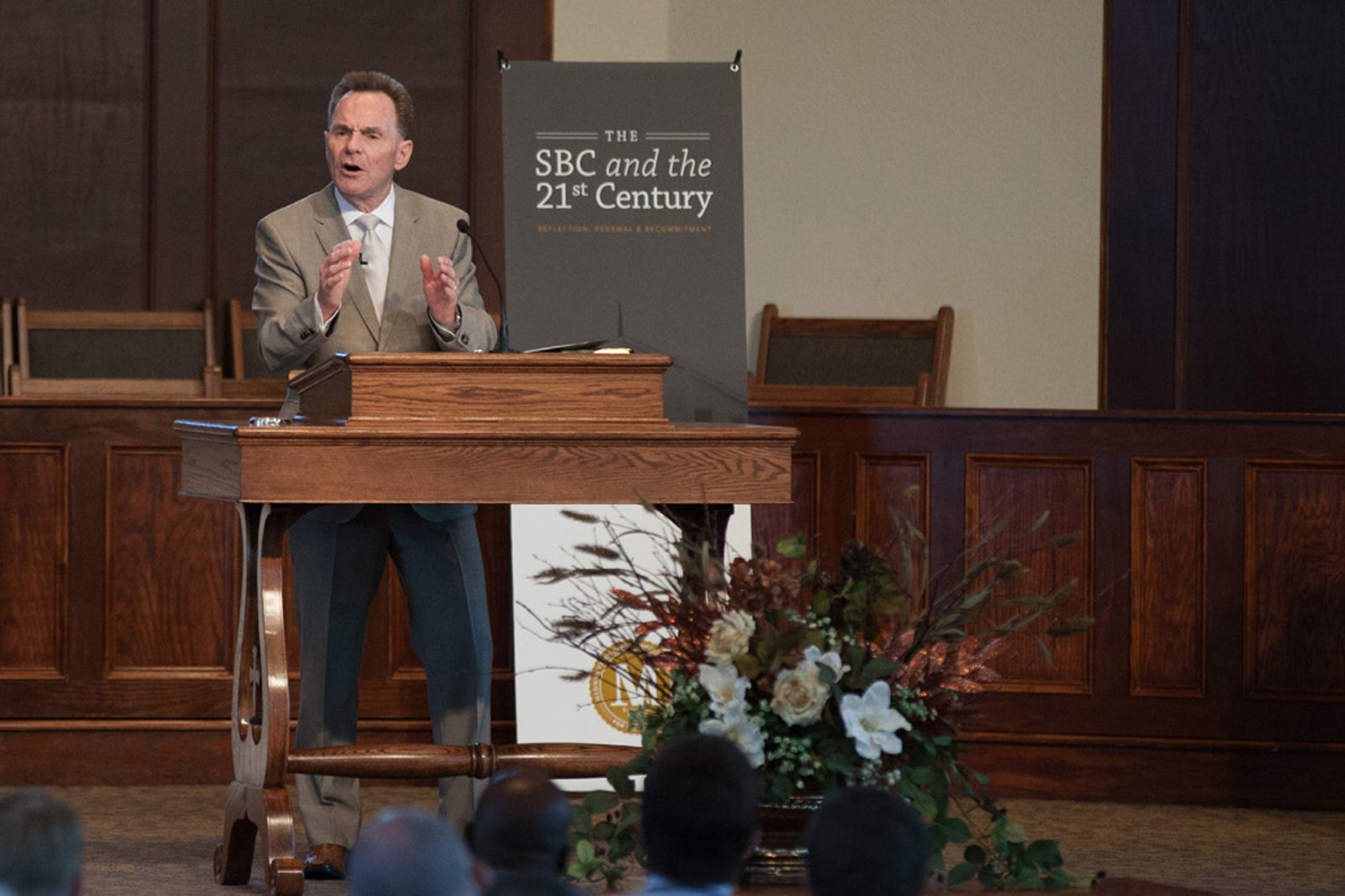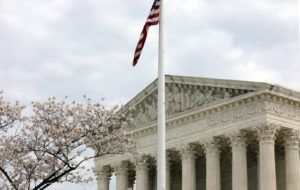
NASHVILLE (BP) – The year is 2041. What do we want the Southern Baptist Convention to look like? More importantly, what steps can we take today to get us there?
That scenario serves as the motivation for the SBC Young Leader Pipeline initiative, an effort geared toward Southern Baptists under the age of 40 to insure they are “more than a vote, but a voice.”
Jordan Easley, pastor of First Baptist Church in Cleveland, Tenn., was approached by SBC Executive Committee President Ronnie Floyd last fall about providing a platform through which younger SBC leaders could hold conversations relevant to the Convention. In particular, Floyd asked for a way to engage, equip and mobilize those leaders. The result, Leadership Pipeline, led to online gatherings held Feb. 1 and March 1, with a third coming up April 1.
The meetings are by invitation, but dispersed by attendees. The Feb. 1 event included about 200 in attendance. They were encouraged to send invitations to 10 friends – and nearly 600 tuned in online for the March gathering.
Calling it “more of a conversation than a conference,” Easley welcomed participants to the initial gathering. As members of Pipeline’s leadership team presented a series of discussions on various topics associated with the SBC, those watching online were encouraged to text in questions.
Joining Easley on the leadership team are:
- Chip Luter, campus pastor of Idlewild Baptist Church at The Springs, Tampa, Fla.
- Vance Pitman, senior pastor, Hope Church, Las Vegas
- Robby Gallaty, senior pastor, Long Hollow Baptist Church, Hendersonville, Tenn.
- Brian Mills, senior pastor, Trinity Baptist Church, Yukon, Okla.
- Jarrett Stephens, senior pastor, Champion Forest Baptist Church, Houston
- Noe Garcia, head pastor, North Phoenix Baptist Church
- Shane Pruitt, National Next Gen Evangelism director, NAMB
- Marcus Hayes, lead pastor, Crossroads Church, The Woodlands, Texas
- Jeremy Morton, lead pastor, First Baptist Church, Woodstock, Ga.
- Nick Floyd, senior pastor, Cross Church, Springdale, Ark.
- Brent Crowe, vice president, Student Leadership University, Orlando.
“There are many people in our Convention today – thousands of people – that nobody knows,” Easley stated March 1. “These people can help us become a Convention that all of us want to be a part of. That’s why Pipeline is so important.”
In order for the SBC to be maximized tomorrow, those preparations must be made today, he said.
On March 1 Easley outlined key questions and points raised from previous conversations:
- The SBC must be willing to honestly address issues in its past, moving beyond resolutions toward exhibiting true repentance.
- Address the negative narrative that has become prevalent within the SBC and find new ways to communicate the message of hope in the gospel.
- Find new ways to engage, equip and mobilize the next generation of leaders and create a platform for them to have a voice and a vote.
- Become a convention of churches committed to helping other churches as well as a convention of disciples committed to making other disciples.
Ronnie Floyd and SBC President JD Greear joined the March 1 panel as guests. Ashley Clayton, executive director for church affiliation of the SBC EC, has also led in developing the effort.
In addition to the April 1 event, an in-person gathering is being planned in conjunction with the SBC annual meeting in June. For more information, go to SBCPipeline.com.
